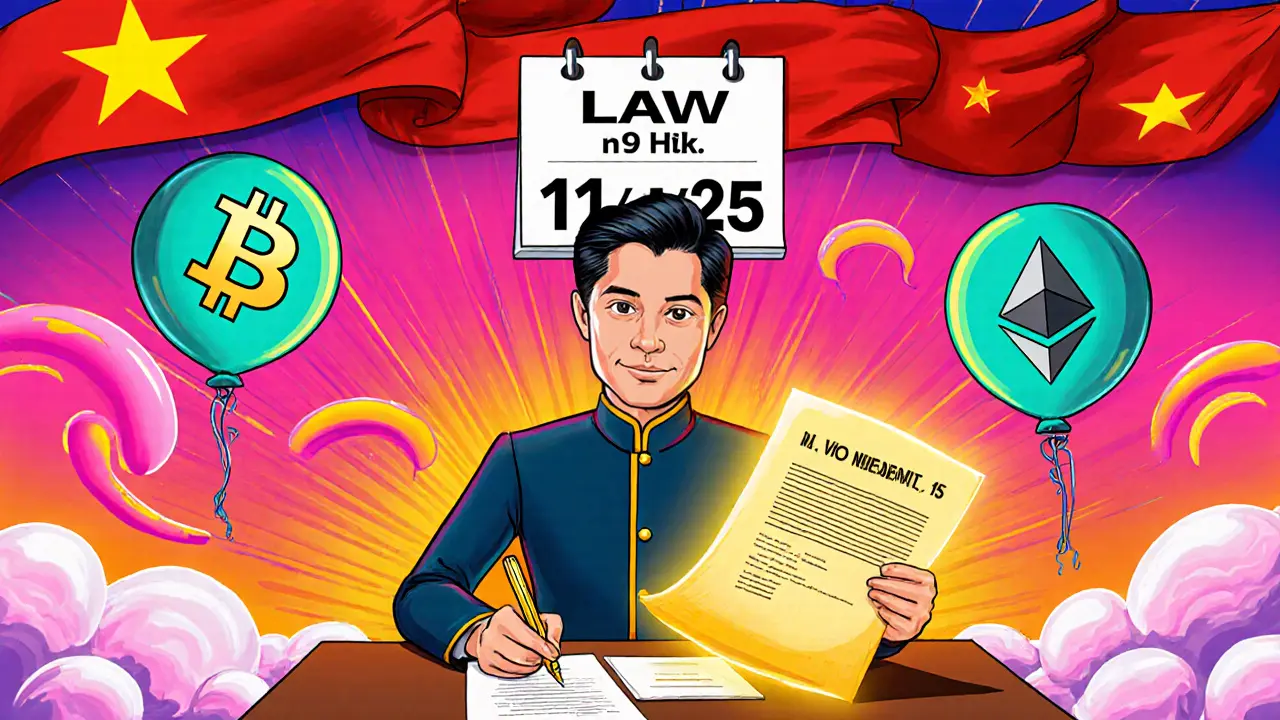Vietnam Crypto Licensing Explained
When talking about Vietnam crypto licensing, the legal framework that governs how digital assets, exchanges, and service providers operate in Vietnam. Also known as crypto licensing Vietnam, it shapes everything from token issuance to cross‑border payments. State Bank of Vietnam, the central bank that issues licensing guidelines and enforces AML rules plays a lead role, while the Ministry of Finance, the government body that approves fiat‑crypto conversion policies sets tax and reporting standards. The system requires robust AML/KYC compliance, which means any platform must prove it can identify users, monitor suspicious transactions, and report to authorities. Together, these entities create a regulatory triangle that determines whether a crypto business can legally operate in Vietnam.
Key Aspects of Vietnam Crypto Licensing
The licensing process starts with an application to the State Bank of Vietnam, where the applicant outlines its business model, technology stack, and risk controls. A mandatory AML compliance plan must detail customer identification procedures, transaction monitoring tools, and record‑keeping schedules that align with global FATF recommendations. After the initial review, the Ministry of Finance evaluates the financial stability of the applicant, ensuring it holds sufficient capital reserves and can meet tax obligations. Once both bodies approve, the exchange receives a license that obliges it to submit regular audit reports, maintain a transparent fee structure, and cooperate with any investigations. Failure to meet these criteria can lead to fines, license suspension, or even criminal prosecution for the operators.
For crypto exchanges, the license is more than a piece of paper—it directly influences market liquidity, user trust, and partnership opportunities. Licensed platforms can list a wider range of tokens, offer fiat on‑ramps, and integrate with global liquidity providers. They also gain access to official banking channels, which is crucial for handling large transaction volumes without triggering anti‑money‑laundering alerts. DeFi projects that want to serve Vietnamese users must either partner with a licensed exchange or acquire a separate service provider license, ensuring the same AML standards apply to decentralized protocols.
Staying compliant in a fast‑evolving landscape means keeping an eye on policy updates from both the State Bank of Vietnam and the Ministry of Finance. Recent drafts hint at tighter reporting thresholds for high‑value transfers and expanded definitions of “virtual asset service provider.” Our collection below breaks down the practical steps to obtain a license, compares the fee structures of major Vietnamese exchanges, and offers checklists for AML readiness. Dive in to see how you can navigate Vietnam’s crypto licensing maze and turn regulatory challenges into growth opportunities.
Vietnam's Five-Year Crypto Pilot Program: Rules, Impact, and What Changes by 2027
An in‑depth look at Vietnam's five‑year crypto pilot, covering rules, market impact, compliance steps and what to expect by 2027.
